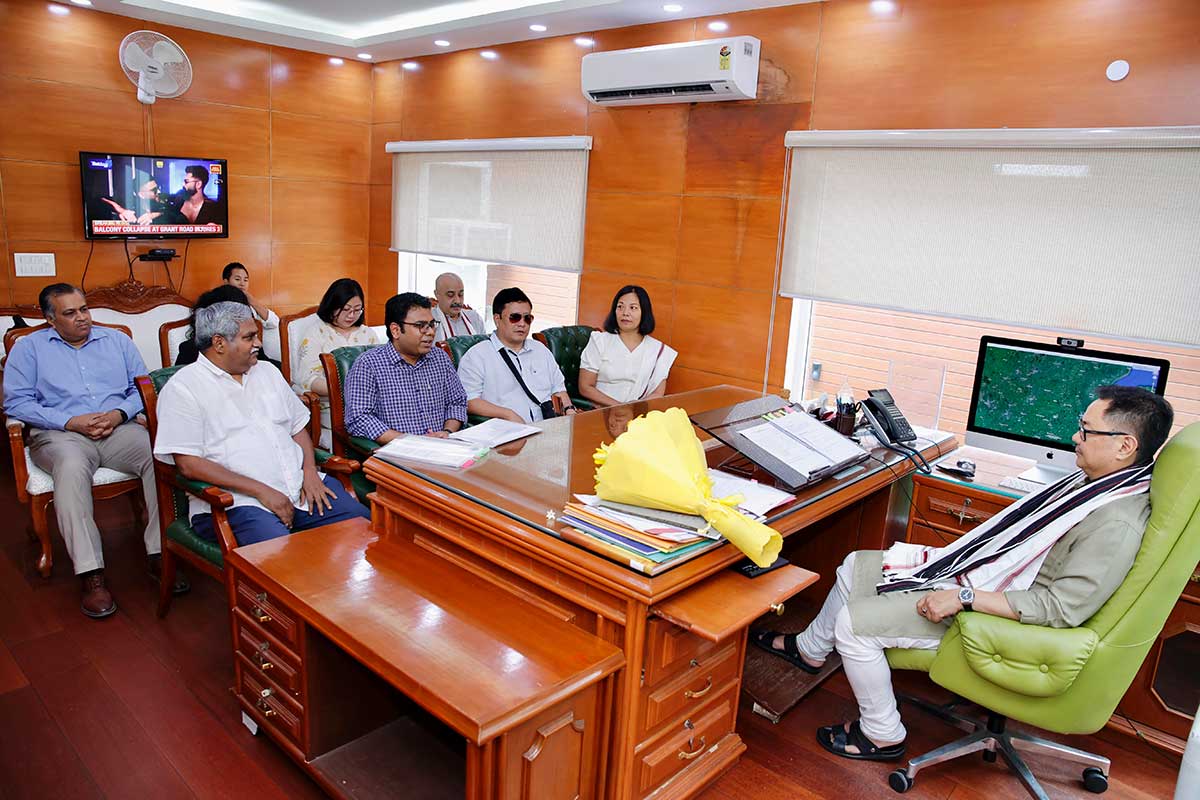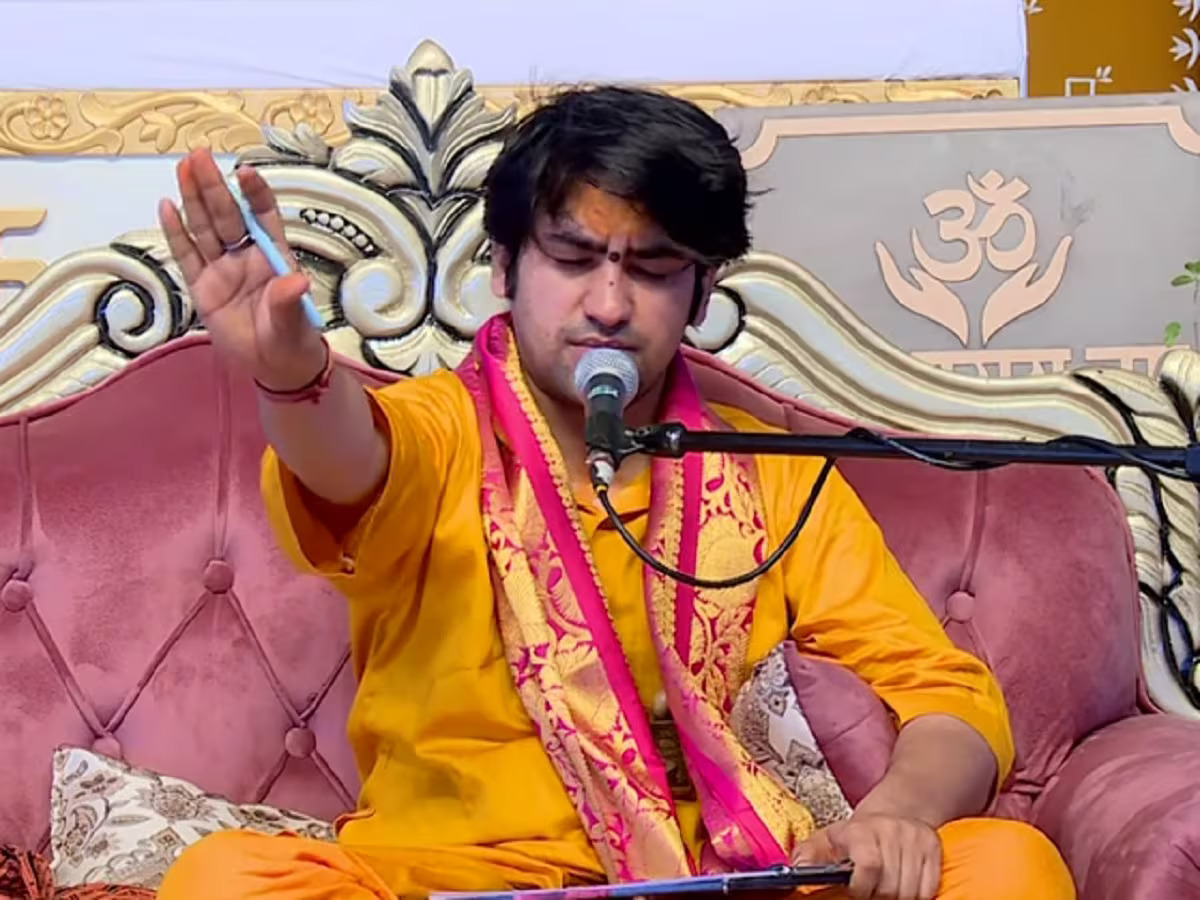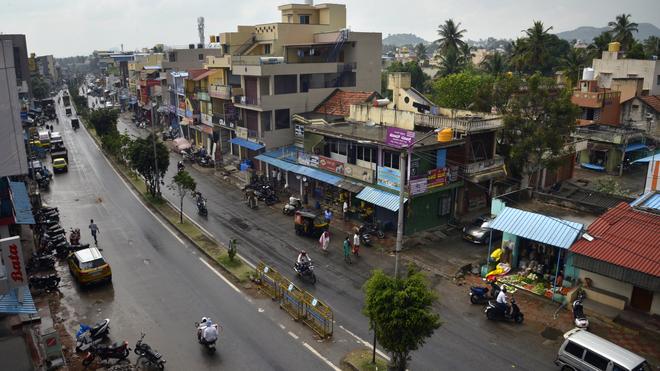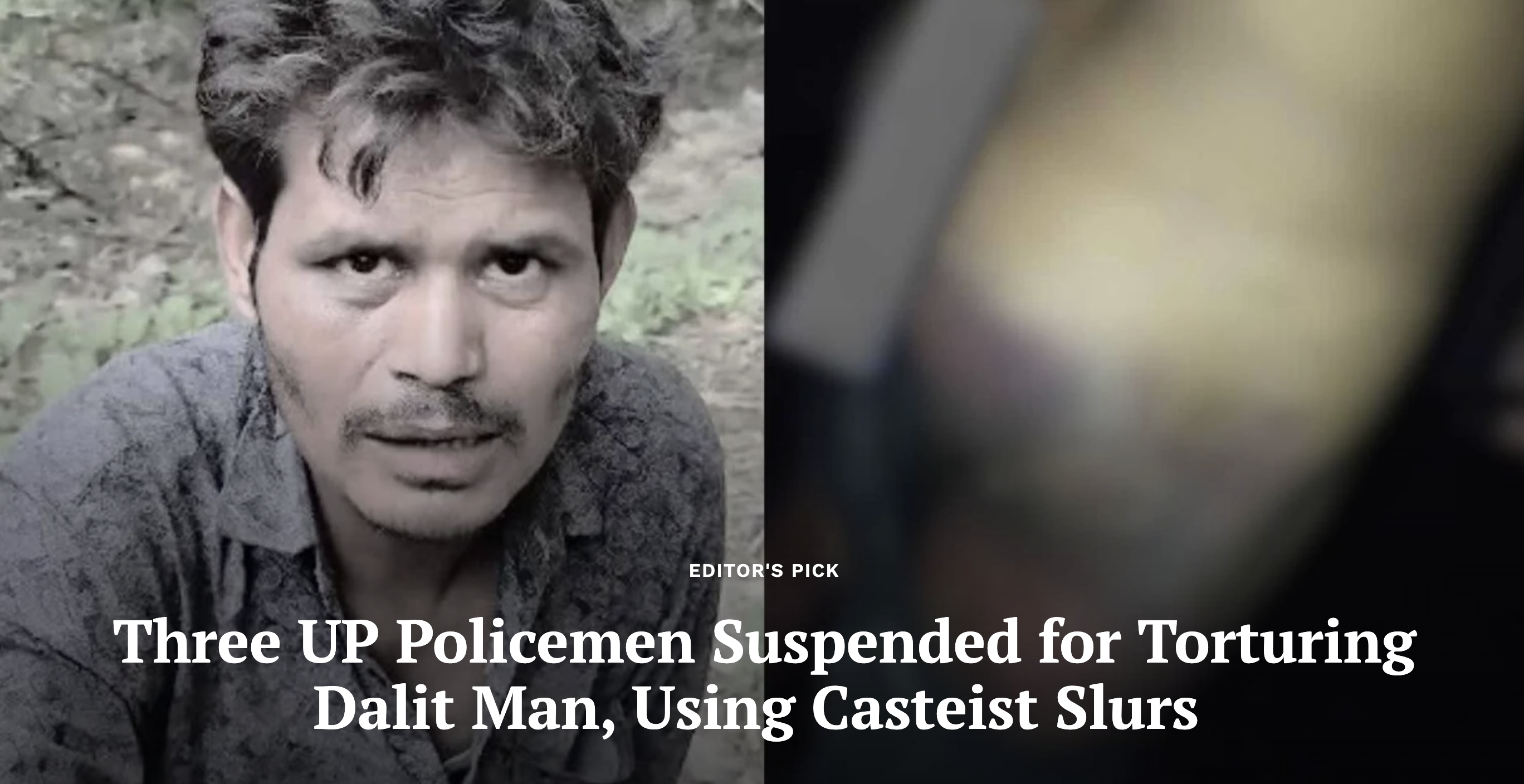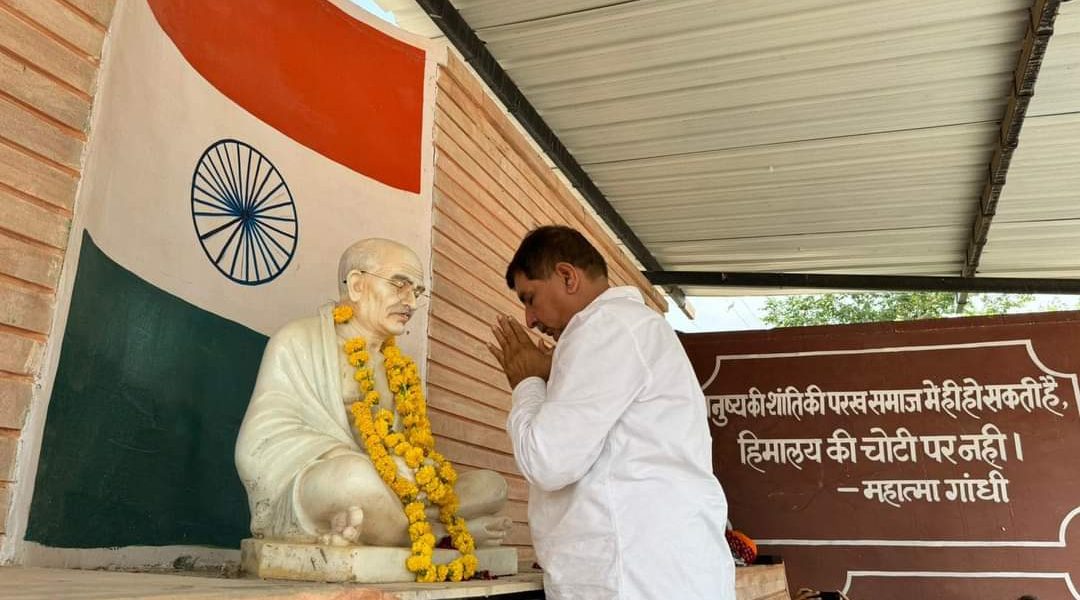By Zafar Aafaq
SRINAGAR — Last August, when Jammu & Kashmir lost its special status, the Narendra Modi government justified the move arguing that changes would pave the way for the ‘development’ of Kashmir.
A year later, the administration has nothing much in its hands to showcase for proving its claim. In fact, reports from independent groups suggest that the situation has gone from bad to worse. A recent report by a group of prominent civil society members said that Kashmir saw a loss of USD 5.3 billion in the past one year though the covid-induced lockdown was imposed four months ago.
However, as the first anniversary is just days away, the right-wing sections of the social media have launched a propaganda campaign to bolster the statist narrative that tries to project the claim of development that Kashmir is said to have seen in the last one year.
Hundreds of Twitter handles have become active in the last few days posting messages about development in Kashmir using the hashtag #NayaKashmir or new Kashmir. But soon it turns out that the campaign is just looking at life in the Valley through rose-tinted glasses because at the base, most of the twitter handles are fake profiles purportedly created by organized right-wing cells of social media.
Adil Akhzar, a journalist pointed this out on Twitter. In a tweet, he wrote that a number of Twitter accounts have popped up talking about how things have “changed for good” in Kashmir in the last one year. But “on opening these accounts, one will find these accounts are new and most of them were created in July only.”
For instance, the @TabishMir13 handle, which has posted tweets on #NayaKashmir, has a profile picture of Kashmir journalist Jibran Nazir working with The Times of India who is based in Pune. The photo seems to have been sourced from an NDTV story of 2019 on Nazir being beaten by a mob in Pune.
Speaking with Clarion India, Nazir said that he had tweeted about being impersonated to inform the cyber cell of the Kashmir police. “This is sabotaging one’s identity. It is unethical and can have consequences,” he says and hopes that the police will act on his complaint.
Claims of Development
These fake accounts amplify the narrative peddled by the BJP during its campaign against Article 370 that the special status was promoting corruption and impeding development.
The right-wingers’ campaign propagates claims that Jammu & Kashmir saw progress in the development sector since last August. The handles post texts and visuals filled with information making a claim of developmental works happened in the last one year. They use images of bridges, tunnels, roads and buildings, some under construction, from the last several years and present “them as progress in the last one year.”
The information sourced from the claims of the government is being peddled repeatedly to bolster the narrative. It says that after the constitutional changes, the region saw a tremendous increase in numbers in the educational sector. But the ground reality is totally opposite. School-going kids have lost a complete academic year. The schools remained shut due to the lockdown. The government had to put a Rs 2,600-crore education plan for J&K on hold for lack of funds.
Moreover, some accounts resort to the age-old strategy of projecting images of Kashmir’s lakes and mountains to paint a rosy picture of economic progress.
The Modi government is gearing up to bring in laws clearing the way for outsiders to set up industries in Kashmir. The administration, kin a bid to woo investors to do business in Kashmir, even tried to hold the much-hyped global investors’ summit but the situation on the ground was such that the conference had to be put on the back-burner.
Another underlying message of the campaign is that the abrogation of special status has ‘elevated’ Kashmiris at par with the citizens from the rest of India. However, in Kashmir, the loss of the special provisions has triggered fears of land grab and cultural as well as demographic changes because the new laws allow non-natives to come and settle in Kashmir.
Apart from development, the campaign also claims that the abrogation dented the resistance politics. However, the state action against Hurriyat activists and leaders has been going on for years. The stranglehold tightened after the 2016 uprising when the National Investigation Agency started raiding and detaining in cases of financing militant activities in Kashmir.
Moreover, the detention of activists and anti-militant operations has never had to face any bottleneck due to Article 370. The laws like AFSPA and PSA, which support the army and police operations, were left untouched when special status was abrogated despite demands of its repeal by global rights bodies.

